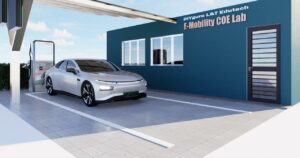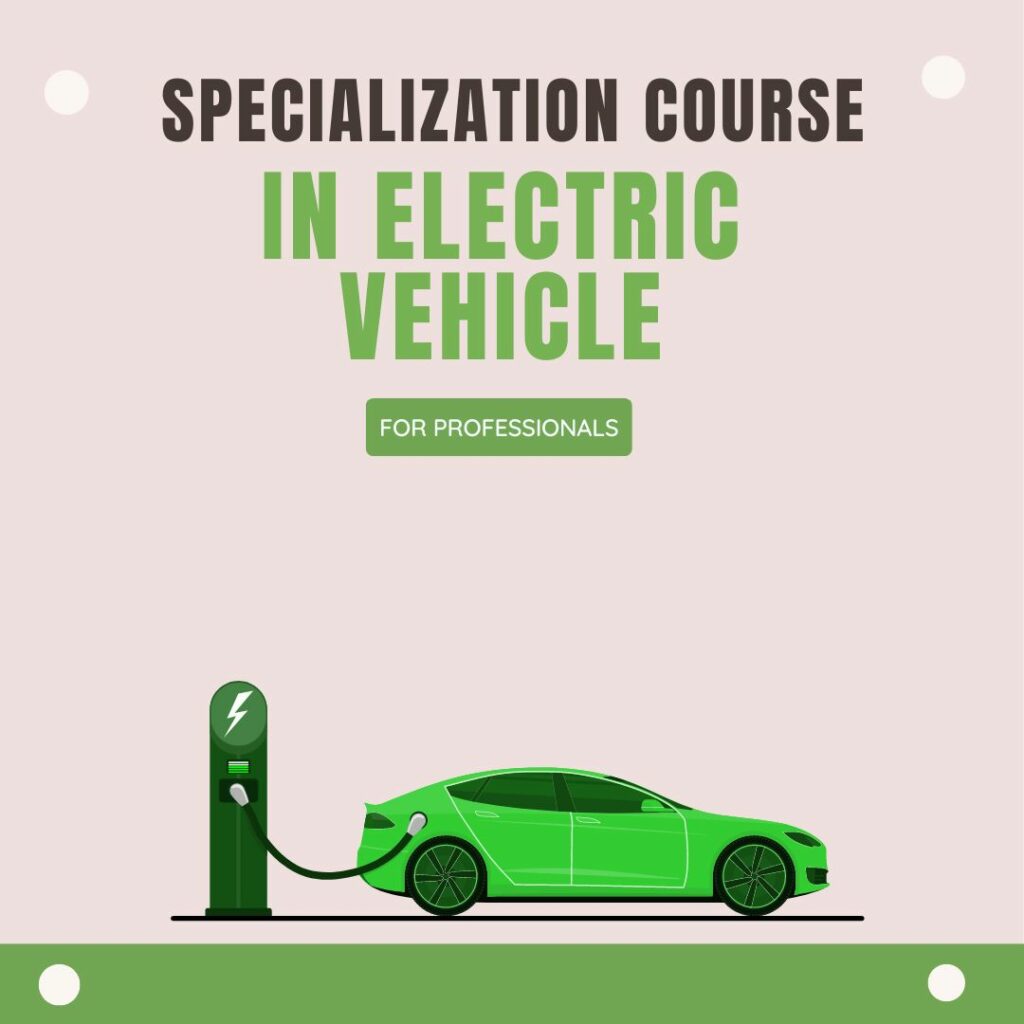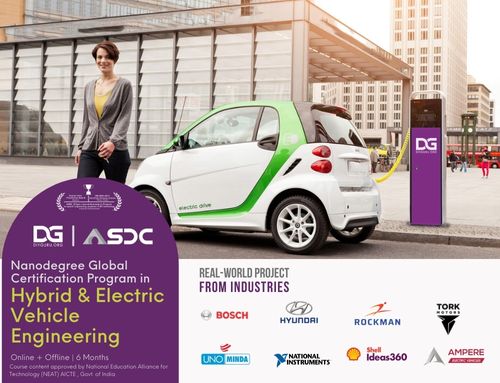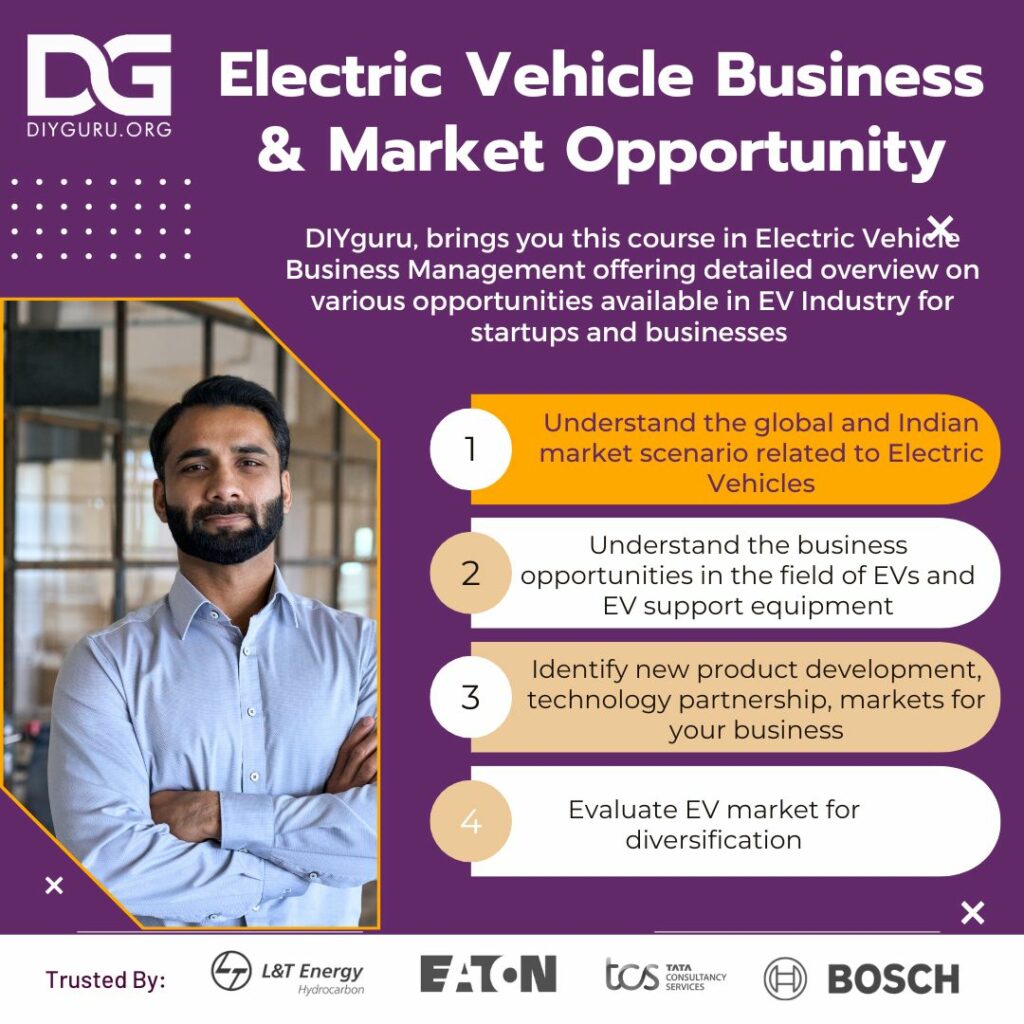Introduction:
Electric battery cells are one of the most important components of electric vehicles and renewable energy systems. They store and provide electrical energy on demand, enabling the widespread adoption of electric vehicles and the integration of renewable energy sources into the power grid. In this blog post, we’ll take a closer look at electric battery cells, their types, and their applications.
What are Electric Battery Cells?

Electric battery cells are devices that convert stored chemical energy into electrical energy. They are made up of one or more electrochemical cells, which consist of two electrodes and an electrolyte that separates them. When the electrodes are connected by a circuit, a chemical reaction takes place that generates an electrical current.
Battery cells are essential for electric vehicles and renewable energy systems because they store and provide electrical energy when needed. They are also used in portable electronics, such as smartphones and laptops.
Types of Electric Battery Cells:
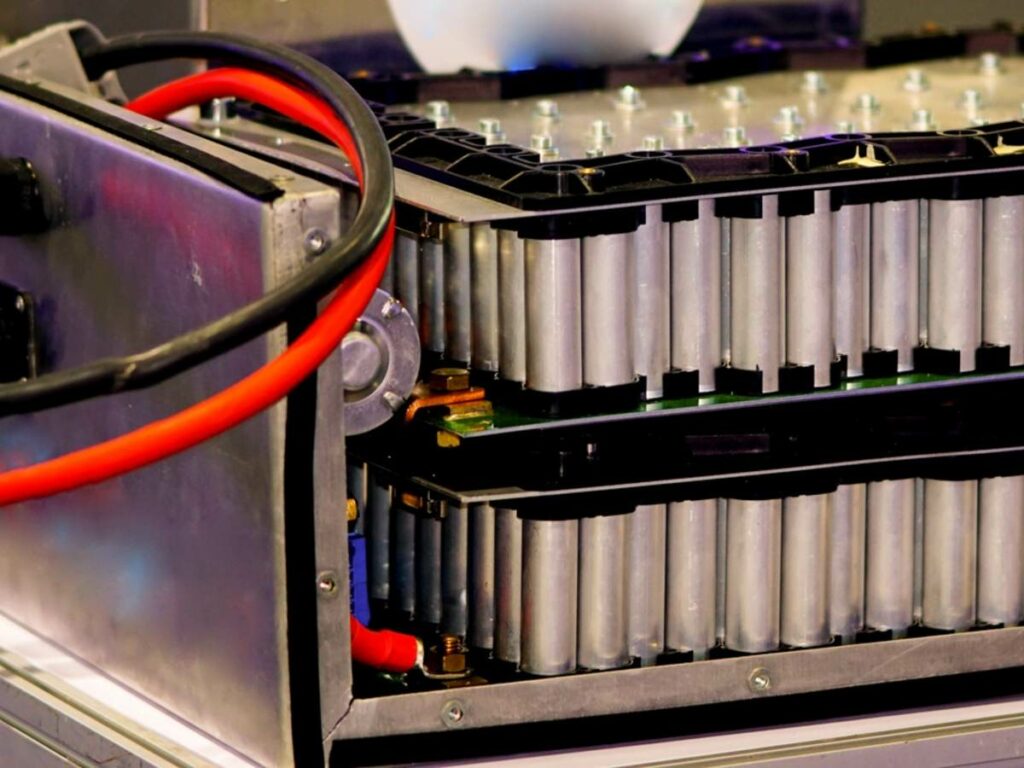
There are several types of electric battery cells, including:
Lithium-Ion Battery Cells: These are the most common type of electric battery cells used in electric vehicles and portable electronics. They have a high energy density, are lightweight, and have a long lifespan.
Nickel-Metal Hydride Battery Cells: These are used in hybrid vehicles and some portable electronics. They have a lower energy density than lithium-ion battery cells but are more environmentally friendly.
Lead-Acid Battery Cells: These are the oldest type of rechargeable battery cells and are used in some electric vehicles, as well as in backup power systems. They are inexpensive but have a low energy density and are heavy.
Sodium-Ion Battery Cells: These are a new type of battery cell that is being developed for use in renewable energy systems. They have a high energy density and are more environmentally friendly than lithium-ion battery cells.
Applications of Electric Battery Cells:
Electric battery cells are used in various applications, including:
Electric Vehicles: Battery cells are used to power electric vehicles, including cars, buses, and trucks.
Renewable Energy Systems: Battery cells are used to store energy generated from renewable sources, such as solar and wind power.
Portable Electronics: Battery cells are used in smartphones, laptops, and other portable electronic devices.
Backup Power Systems: Battery cells are used in backup power systems, such as those used in hospitals and data centers.
Advantages and Disadvantages of Electric Battery Cells:
Advantages:
- Environmentally Friendly: Battery cells are more environmentally friendly than traditional fossil fuel-powered vehicles.
- Efficient: Battery cells are more efficient than traditional internal combustion engines, meaning they require less energy to travel the same distance.
- Renewable: Battery cells can be charged using renewable energy sources, such as solar and wind power.
Disadvantages:
- Limited Range: Electric vehicles have a limited range compared to traditional fossil fuel-powered vehicles.
- High Cost: Electric vehicles and renewable energy systems that use battery cells are often more expensive than traditional fossil fuel-powered vehicles and power systems.
- Charging Time: battery cells take longer to charge than traditional vehicles take to refuel.
Future of Electric Battery Cells:
The future of electric battery cells looks promising. Advances in battery technology are making electric vehicles more affordable and increasing their range. Researchers are also working on developing new types of battery cells, such as solid-state batteries, that have even higher energy densities and longer lifespans than current battery cells.
Conclusion:

Electric battery cells are an essential component of electric vehicles and renewable energy systems. They store and provide electrical energy when needed, enabling the widespread adoption of these technologies. While battery cells have several advantages, including their efficiency and environmental friendliness, they also have some disadvantages, such as their limited range and high cost. However, the future of electric battery cells looks promising, with ongoing research and development aimed at making them even more efficient and cost-effective.








